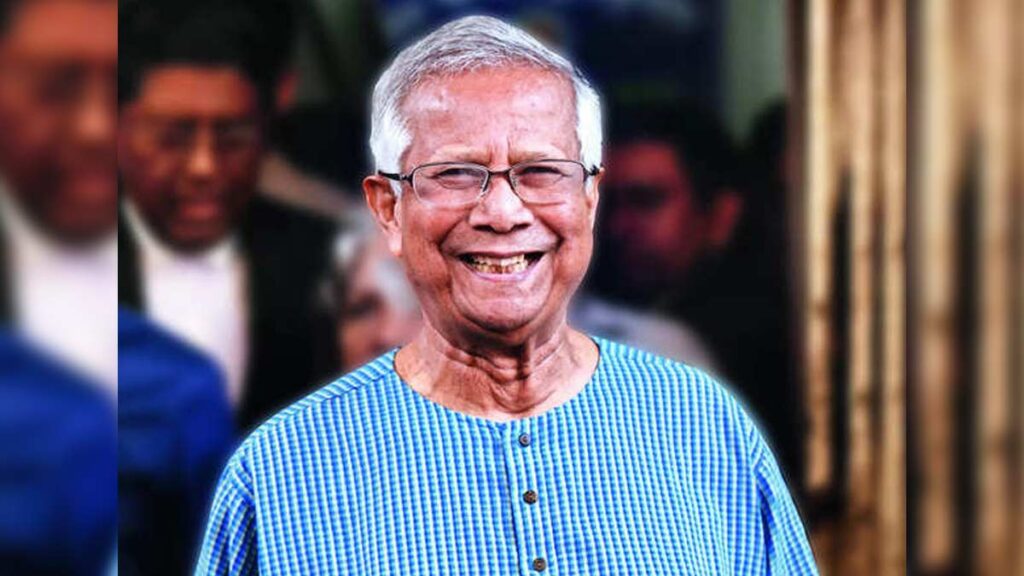In a stunning turn of events, the Nobel Peace Prize laureate Muhammad Yunus has been picked as the interim prime minister of Bangladesh. Dubbed “banker to the poor” globally, Yunus takes over at the helm amidst political wrangling and protests that have gripped the country.
Who is Bangladesh’s new PM, Muhammad Yunus?
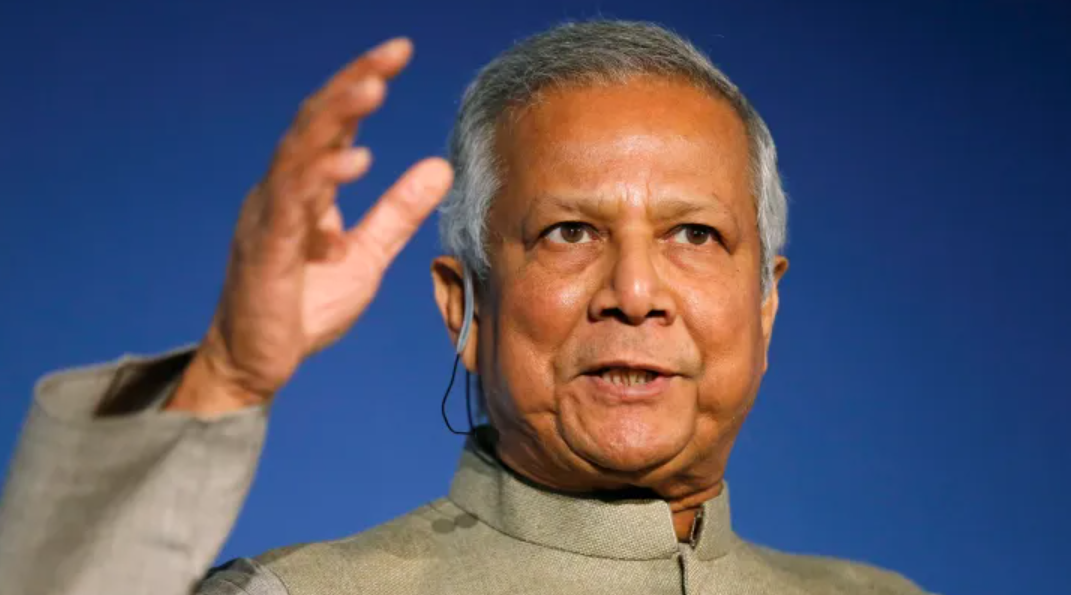

CNN reports that the 84-year-old Yunus has agreed to a student’s protest call to take over the leadership of Bangladesh on a temporary basis after weeks of anti-government demonstrations resulting in many deaths. A press secretary of the Bangladesh president said that Yunus would lead an interim government following the toppling of the country’s previous prime minister and dissolution of parliament.
Various media reports suggest that Yunus was in France for a minor medical procedure when the news broke. “We are very pleased to announce that Dr Yunus has agreed to take up this challenge to rescue Bangladesh as per our students’ wish,” the Students Against Discrimination group told CNN.
Mohammad Yunus’s Early Life and Education
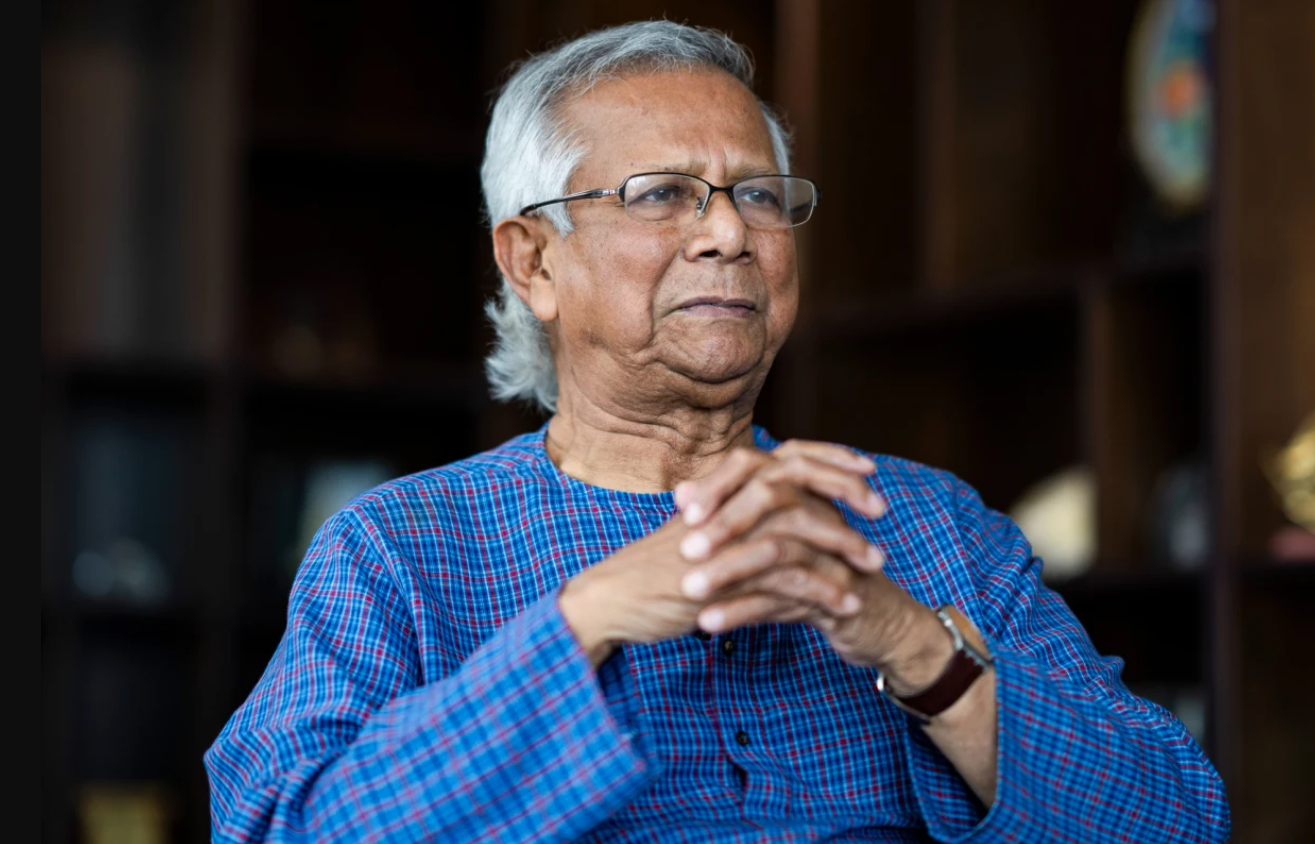

Born in 1940 in Chittagong, Bangladesh, Yunus’s journey to becoming a global figure in poverty alleviation is nothing short of remarkable. CNN reports that after completing his studies at Dhaka University, Yunus received a Fulbright scholarship to attend Vanderbilt University in the United States, where he earned a PhD in economics.
Upon returning to Bangladesh in 1972, just a year after the country gained independence from Pakistan, Yunus began teaching at Chittagong University. However, a severe famine in 1974 would change the course of his life and work dramatically.
In his 2006 Nobel lecture, Yunus reflected on this pivotal moment, “I found it difficult to teach elegant theories of economics in the university classroom, in the backdrop of a terrible famine in Bangladesh. Suddenly, I felt the emptiness of those theories in the face of crushing hunger and poverty.”
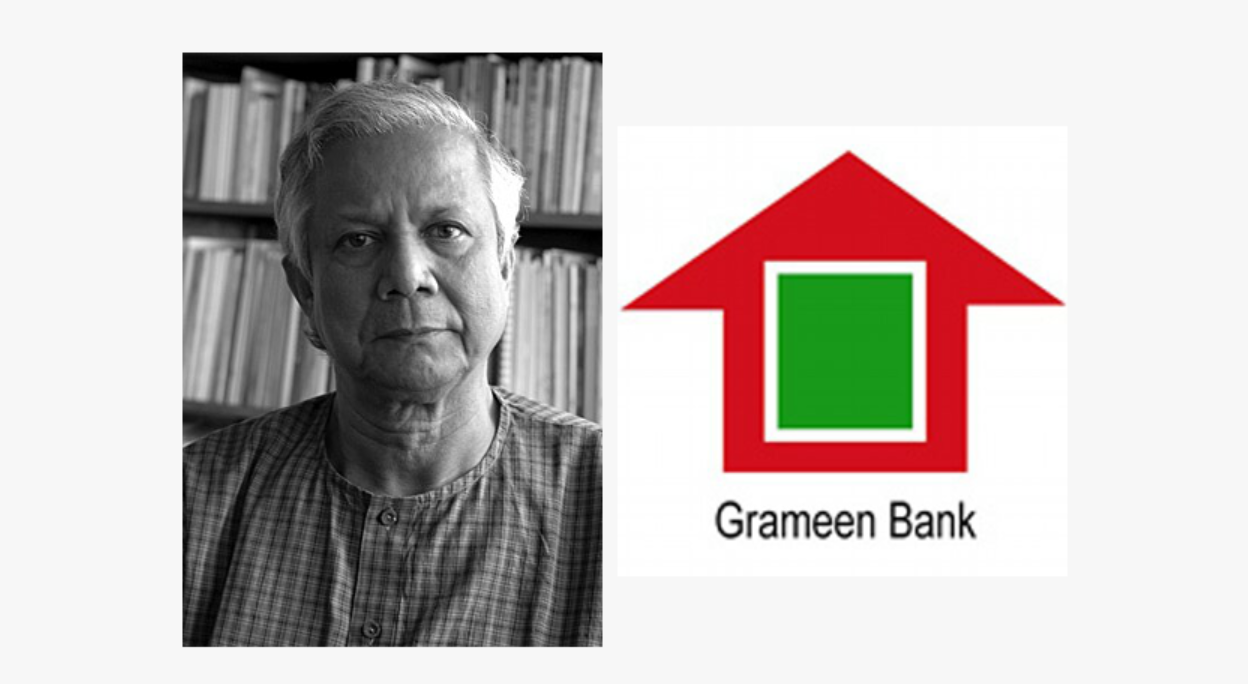

Driven by a desire to make an immediate impact, Yunus began providing small loans out of his pocket to the poorest members of his community. This initiative eventually led to the founding of Grameen Bank in 1983, which would revolutionise poverty alleviation through microlending.
Don’t Miss: The Imane Khelif Gender Controversy: Tracing The History Of Gender Testing In Sports
Mohammad Yunus Nobel Peace Prize Winner
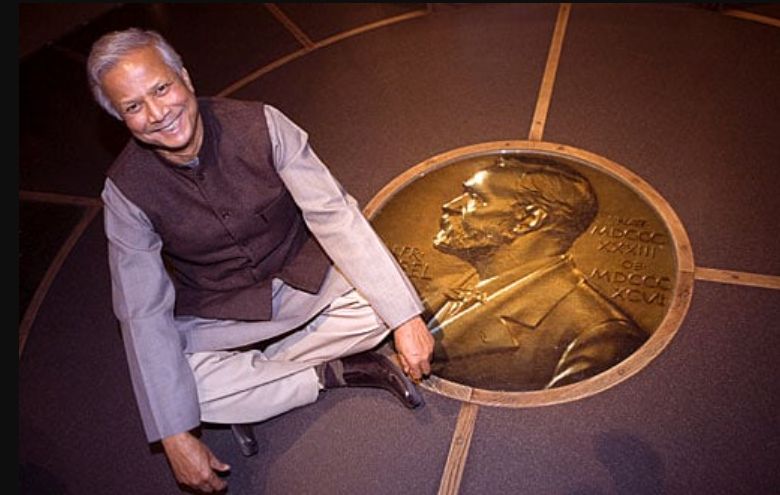

The success of Grameen Bank’s model was recognised globally when Yunus and the bank were jointly awarded the Nobel Peace Prize in 2006. As reported by CNN, by that time, the bank had lent approximately $6 billion in housing, student, and micro-enterprise loans, with a particular focus on supporting Bangladeshi women.
Yunus’s innovative approach to combating poverty has not been without its critics. Some have questioned the high interest rates charged by some microlenders. However, Yunus has consistently defended his model, emphasizing to media channels that Grameen Bank’s primary goal is to help the poor and empower small businesses, not to generate profits.
Throughout his career, Yunus has remained committed to social entrepreneurship and poverty alleviation. In addition to his work with Grameen Bank, he founded the Yunus Centre, a Dhaka-based think tank focused on developing new social businesses.
As Bangladesh enters this new chapter under Yunus’s interim leadership, many are hopeful that his experience in empowering communities and his global reputation will help guide the country through its current crisis.
Don’t Miss: Financial Profile of Sheikh Hasina: Net Worth And Wealth
For more such stories, stay tuned to HerZindagi
Herzindagi.com is Jagran New Media’s gender and lifestyle vertical, catering to women of all age groups, helping them remain updated, on-trend and aware. To improve our performance and understand our readers’ interests better, we have created this poll. This will take 2 minutes of your time, do help us out with this link.
Image Courtesy: X

